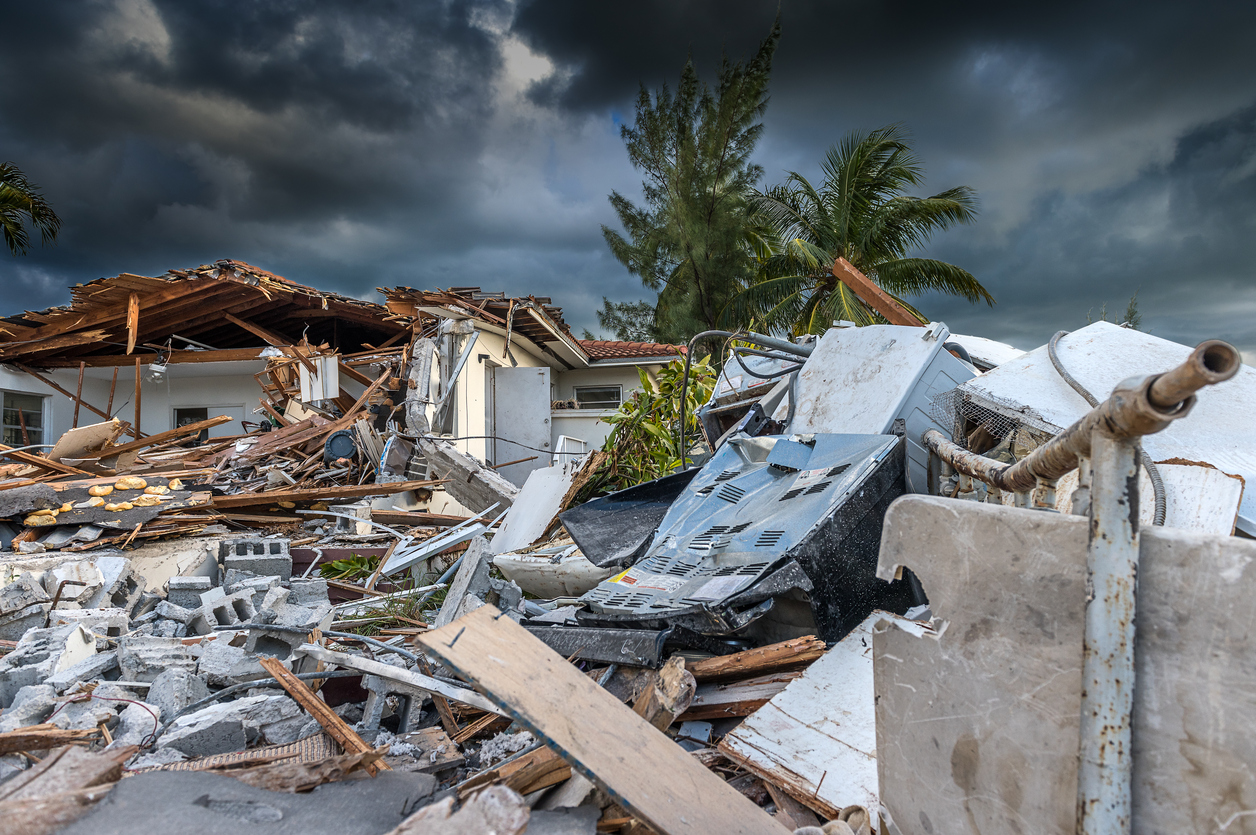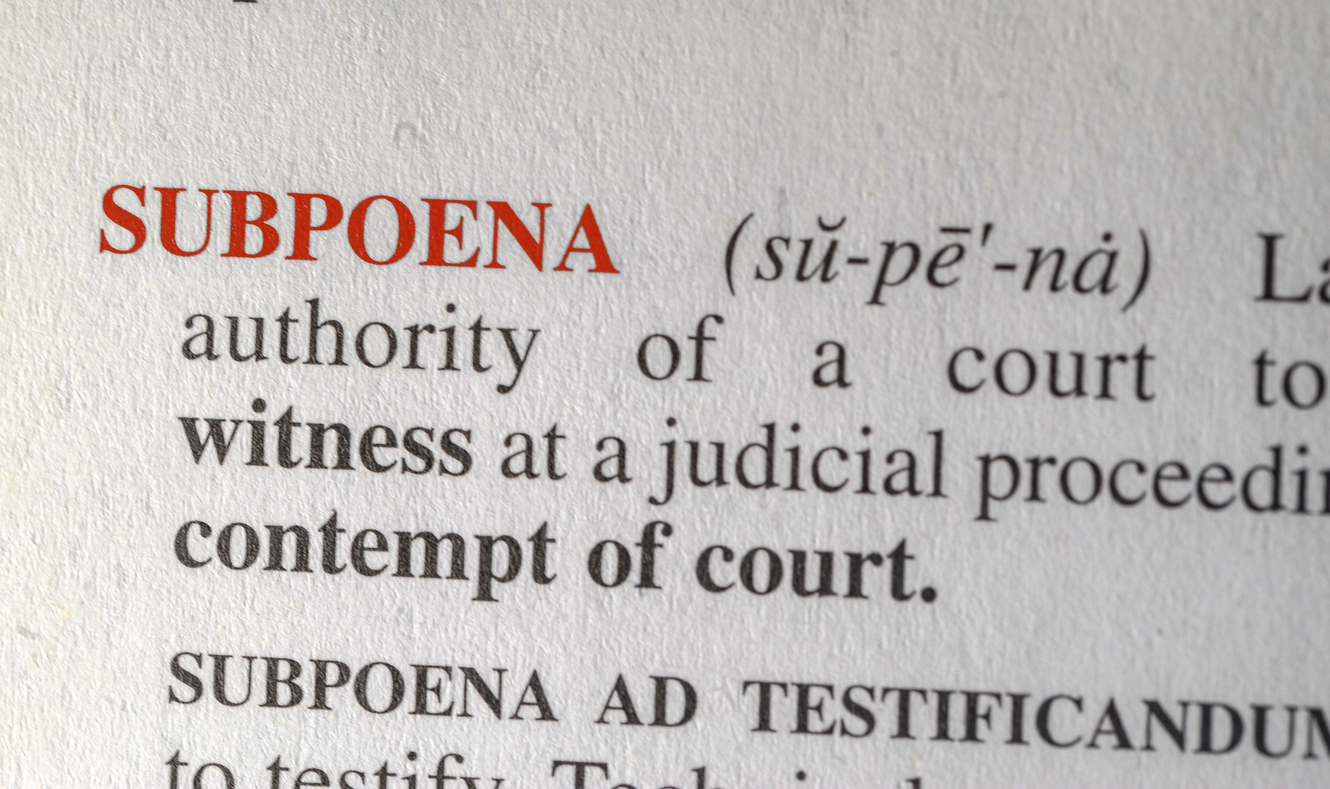I recently came across a denial that smelled funny from the start. One afternoon, an insured came home from a long day at work and discovered that raw sewage backed up from the sewer out of every possible outlet. Everything in the home was contaminated. The insured reported his claim to his carrier immediately, and the investigation commenced.
Many policies exclude water damage, including that damage resulting from plumbing backups. The typical policy defines water damage as: (1) flood, surface water, waves, tidal water, overflow of a body of water, or spray from any of these, whether or not driven by wind; (2) water which backs up through sewers or drains or which overflows from a sump; or (3) water below the surface of the ground including water which exerts pressure on or seeps or leaks through a building, sidewalk, driveway, foundation, swimming pool or other structure.
The issue is whether “water damage” includes “raw sewage.” Florida’s Second District Court of Appeals addressed this issue in Florida Farm Bureau Insurance Company v. Birge.1 The insureds, Timothy and Margaret Birge, returned home, opened the front door, and were met by raw sewage filling their house and flowing out the doorway. The Birges filed an insurance claim. Farm Bureau denied coverage based, in part, on the water damage exclusion. The trial judge found the insurance policy was ambiguous and ruled in favor of the insureds. Farm Bureau appealed to the Second District Court of Appeal. The appellate court agreed with the trial judge and found the exclusion ambiguous.
The average homeowner’s examination of the insurance contract would not reveal the applicability of these exclusions to this type of disaster. Our conclusion is supported by the availability of clear and unambiguous language that the insurance company could have chosen to exclude damage resulting from a backup of raw sewage.
This case differentiates between water backup and raw sewage backup, providing policyholders protection under the ambiguous exclusion. Interestingly, not every state has made the same distinction.
An appellate court in Oklahoma2 specifically disagreed with Birge and held:
[W]e believe the better rule is that a reasonable person would expect water backing up, or discharging through, their sewer or plumbing system to contain raw sewage.
Nevertheless, the Oklahoma court found that coverage existed for the raw sewage loss under the policy’s “Accidental Discharge and Overflow of Water or Steam from within a plumbing…system” provision.
All catastrophes can be life changing, but it is hard to imagine a situation worse then unexpectedly coming home and seeing raw sewage flowing out your front door. In these situations, it is important to retain an insurance professional that can guide you through this type of claim. This professional will help you get the benefits to which you are entitled, help you accumulate your inventory forms that your insurance company will require, and fight over which items can be cleaned and which need to be replaced.
1 Florida Farm Bureau Ins. Co. v. Birge, 659 So.2d 310 (Fla. 2d DCA 1994).
2 Andres v. Oklahoma Farm Bureau Mut. Ins. Co., 2009 OK Civ App 97, 227 P. 3d 1102 (2009).



